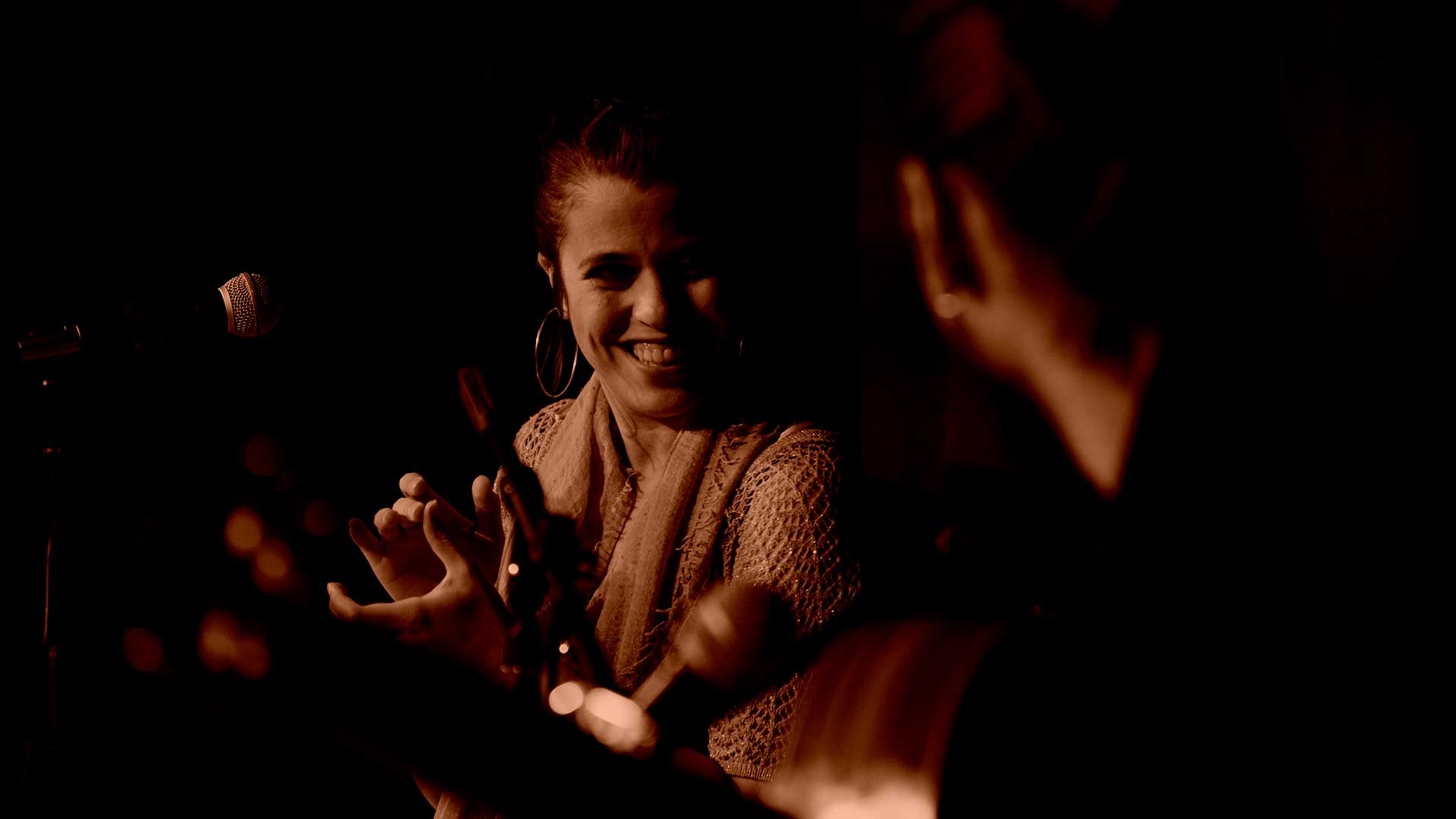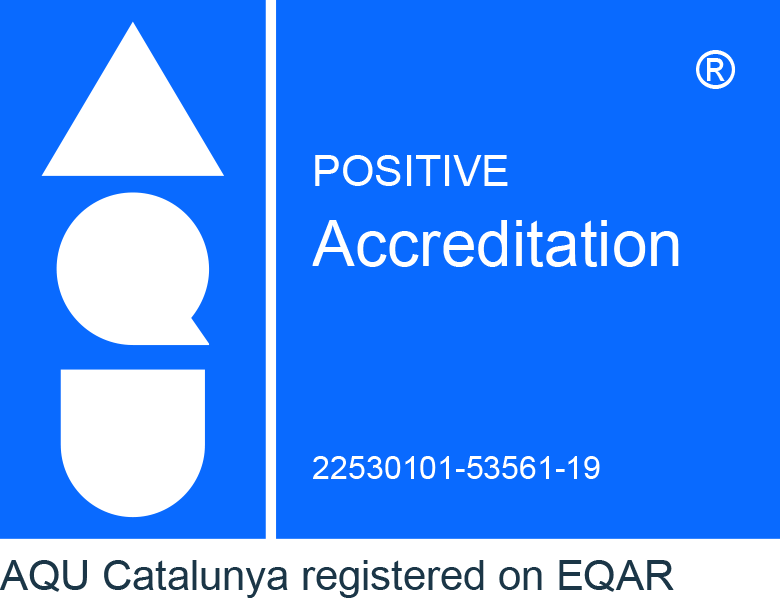Performance: traditional music

The specialty of Interpretation of traditional music instruments is divided into three itineraries:
The school also offers a series of complementary teaching activities: concerts by teachers, student groups, seminars, workshops, courses, talks and master classes related to this type of music and open to the general public. We also work on the research and promotion of repertoires and the creation of stable groups or ensembles of traditional music.
| Copla instruments: Flabiol and tambourine, Tible, Tenora, Fiscorno | |
| Instruments of traditional Catalan music: Gralla/dulzaina, Bagpipe, Diatonic accordion | |
| Guitarra flamenca | |
| Cante flamenco |
Cobla instruments
Musical instruments traditional Catalan
Flamenco
The specialty of traditional music interpretation will make you a qualified professional with a complete mastery of the instrument’s interpretation techniques and repertoire. You will be prepared to carry out the professional practice of performing in a variety of work contexts, as a soloist or member of a group, ensemble, cobla, traditional orchestra, or at festivals, flamenco tablaos, etc.
The theoretical and analytical knowledge acquired will facilitate your access to postgraduate studies, and other fields such as teaching, the publishing world or music criticism.
The curriculum is made up of basic training subjects, compulsory specializations, electives and final degree work
The compulsory subjects of the specialty include mainly the subjects of instrument or voice, complementary instrumental training and ensemble music, and include subjects such as:
For more information, see this program’s curriculum:
| Copla instruments: Flabiol and tambourine, Tible, Tenora, Fiscorno | |
| Instruments of traditional Catalan music: Gralla/dulzaina, Bagpipe, Diatonic accordion | |
| Guitarra flamenca | |
| Cante flamenco |
The teachers who teach the classes in this specialty are highly qualified and diverse in terms of aesthetics, styles, techniques, media and approaches, in order to train musicians with their own language and aesthetics.
Caterina Plana Cerdà, diatonic accordion.
Daniel Carbonell Sugranyes, gralla/dulzaina.
Galdric Santana Roma, cornamusa.
Jordi Rodríguez Rodríguez, Impro.
Miriam Migueles Vallejo, cante flamenco.
Rafael Cañizares Lara, guitarra flamenca.
Alfredo Lagos, flamenco.
Those students who want to continue their studies at the ESMUC once graduated, they can enroll in one of the master’s degrees offered by the School.
Studies of the same specialty

Do you need more information?